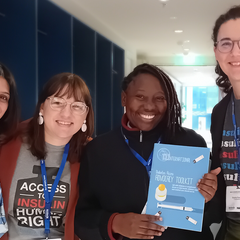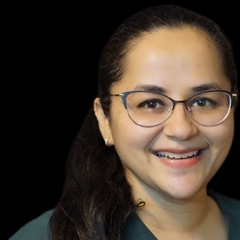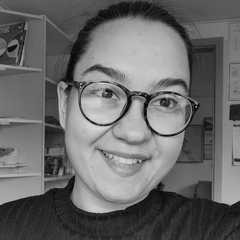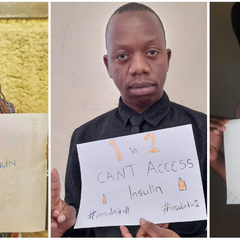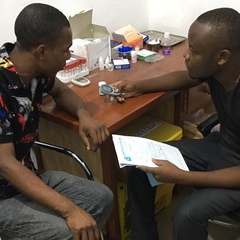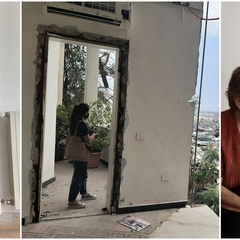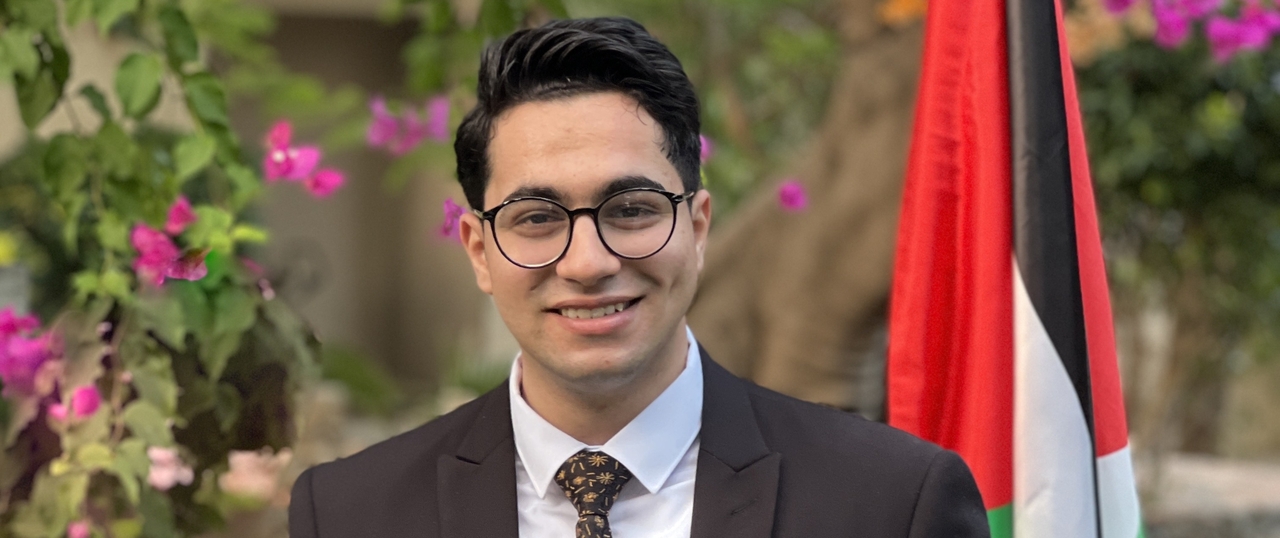
Global Advocacy Success Series: Mohammed, Palestine
8 Aug 2023, 9:07 a.m. in Global Stories by Faith Amasowomwan
Mohammed Seyam has been leading T1International’s Middle East and North Africa (MENA) Region Chapter since 2021 but has been advocating for himself and his community for much longer. As a medical doctor with type 1 diabetes, he is on a mission to break down barriers to healthcare and education. Mohammed has always been motivated by his community and uses his lived experience to influence his work. He says, “I don’t want people to have to go through what I did because they lack sufficient support. Not only from their community or family but, more crucially, from healthcare professionals and the healthcare system. My ultimate aspiration is to ensure they are equipped with everything they need, not just to survive, but to thrive.”
In May 2021, Mohammed struggled to access insulin and other diabetes supplies due to the military escalation in Gaza, where the territory was under attack. At this time, only vials of insulin were available, and many people were not able to access healthcare centres. When Mohammed realised how much the people in his community with diabetes suffered from a lack of insulin and the danger this was causing to peoples lives, he decided it was time to take action. He was invited by the League of Diathletes to speak to the key organisations leading on diabetes internationally about the struggles of living with diabetes in The Gaza Strip. Mohammed was able to connect with the Palestinian Ministry of Health (MoH) and through his advocacy, successfully influenced them to ensure insulin analogue pens were listed on Palestine’s Essential Medicines List and provided, free of charge, to all Gaza Strip residents living with diabetes.
Since August 2021, Mohammed has been negotiating with external organisations to secure free insulin analogue pens and emergency kits for children, including glucometers and blood glucose testing strips. However, as this is solely dependent on donations from external sources, so Mohammed acknowledges that this may lead to shortages down the line if they can’t secure more donations. He knows that it is essential that he keeps working with the government to develop a sustainable plan to support people with diabetes long-term.
“We keep getting back to the same problem, the same challenges. There are no sustainable plans. But at least we're doing something, and people with diabetes benefit from our actions,” Mohammed says.
There have been three main challenges for Mohammed during his advocacy. The struggle to build an advocacy community, the economic status of Palestine, and corruption.
Because the system is complicated and many people do not have the capacity to learn and be engaged in advocacy activities, Mohammed has found it difficult to find other people with diabetes fighting for the same cause locally. He finds most of his support and community online, noting, “It’s mainly people from the internet, people from the international diabetes community. The solidarity in the online community helps, and your voice is always heard.”
The second challenge for Mohammed has been advocating within a lower-middle-income country. Being told “We don’t have enough resources” has been a common occurrence. Medical needs are a fundamental right for any human being, yet the Palestinian government is still a long way away from being able to support its own people.
Another challenge is corruption. Mohammed says it can be easy to be dragged into corrupt systems, and he struggled with discernment at the beginning of his career, initially working with organisations that didn’t truly have the best intentions for people with diabetes. He says, “I completely cut ties with those organisations. Using the pain of others to make money and only benefit yourself is completely unethical”. He now works specifically with organisations like T1International, which prioritise patient voices. He encourages advocates to do their research if something feels off with the organisations or people they are working alongside.
As a doctor, Mohammed says that it's easier to understand how the system works and utilise his connections in the healthcare system to make higher levels of impact. He used his connections to propose to the Palestinian Ministry of Health that all primary healthcare professionals are trained as Health Educators. This would include nurses, doctors, nutritionists and others to ensure they are equipped with the proper knowledge and skills to provide the best advice for people living with diabetes and other health conditions. The lack of resources is still a challenge, but Mohammed is hopeful that with the right people on board, they can make this a reality.
Mohammed is proud that he has helped to secure the provision of free insulin analogue pens in a country where poverty is skyrocketing, “...because people need them. And not only that. They need them, and now they can afford them”. He hopes to continue to build power through the local community in the MENA region and provide the space for advocates to learn and grow so that they can lead change in their own countries. He recently utilised T1International’s introduction to advocacy training tools to lead an online Advocacy Training in Arabic alongside Cyrine, our Global Advocate in Lebanon. Both Mohammed and Cyrine hope to continue this regularly, making advocacy more accessible.
If there’s one thing that Mohammed wants people to know about life with diabetes in Palestine, it’s that the people with diabetes are resilient and extremely eager to change their lives, but they need support. He believes that “anybody who gets the chance to experience the solidarity within the international diabetes community would want to support and grow with them to help themselves, and to help others.”
To find out more about the MENA Chapter and how to get involved, click here.




